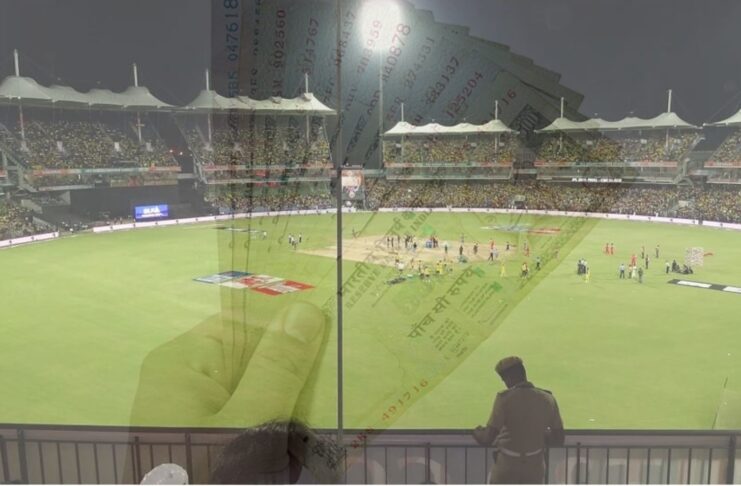India is scheduled to host two big-ticket ICC events – T20 World Cup in 2021 and World Cup in 2023 and with a number of current match-fixing investigations linked to India, Steve Richardson, International Cricket Council’s (ICC) Anti-corruption unit coordinator, feels that making match-fixing a criminal offense will be a game-changer in India.
Richardson, who was participating in a panel discussion on the subject of ‘Does India need a match-fixing legislation?’ as part of the Sports Law & Policy Symposium held on June 20, rued lack of legislation in the country.
“At the moment with no legislation in place, we’ll have good relations with Indian police, but they are operating with one hand tied behind their back.
“We will do everything we can to disrupt the corruptors. And we do, we make life very, very difficult for them as far and as much as we can to stop them from operating freely,” said Richardson.
Match-fixing law would be a game-changer
Richardson feels that the instance of match-fixing could increase as India hosts the two ICC events in next three years and requested Indian government to enact a matching-fixing law, which according to him would be single-most effective thing to happen in protecting sports in the country.
“But the legislation would be a game-changer in India. We have currently just under 50 investigations. The majority of those have links back to corruptors in India.
So it would be the single-most-effective thing to happen in terms of protecting sport if India introduces match-fixing legislation.”
He further highlighted how lack of legislative framework for match-fixing offences in the country hindered the investigation.
“At the moment with the lack of legislative framework in India it is very limited what the police can do, and to that extent they have my great sympathy because they try as professionally and hard as they can to make the existing legislation work, but the reality is it wasn’t framed with sports corruption in mind,” said Richardson.
A deterrence to those corrupting players
He premised his push for a legislation arguing that the legislation would be especially about those outside the sport responsible for corrupting players.
“So the reason that there is an imperative for legislation specific to match-fixing – yes, it is about the players, but more importantly it is about those outside the sport who actually corrupt the players and are organising and pulling the strings of these networks.
“Those are the people I would like to see dealt with under match-fixing law,” Richardson said.
In November 2019, the Sri Lanka Parliament passed the prevention of offences related to sports bill, which criminalised match-fixing with punishments including a 10-year prison sentence. The Island had become the first South-Asian country to do so.
Follow us on facebook for more sports news & updates

